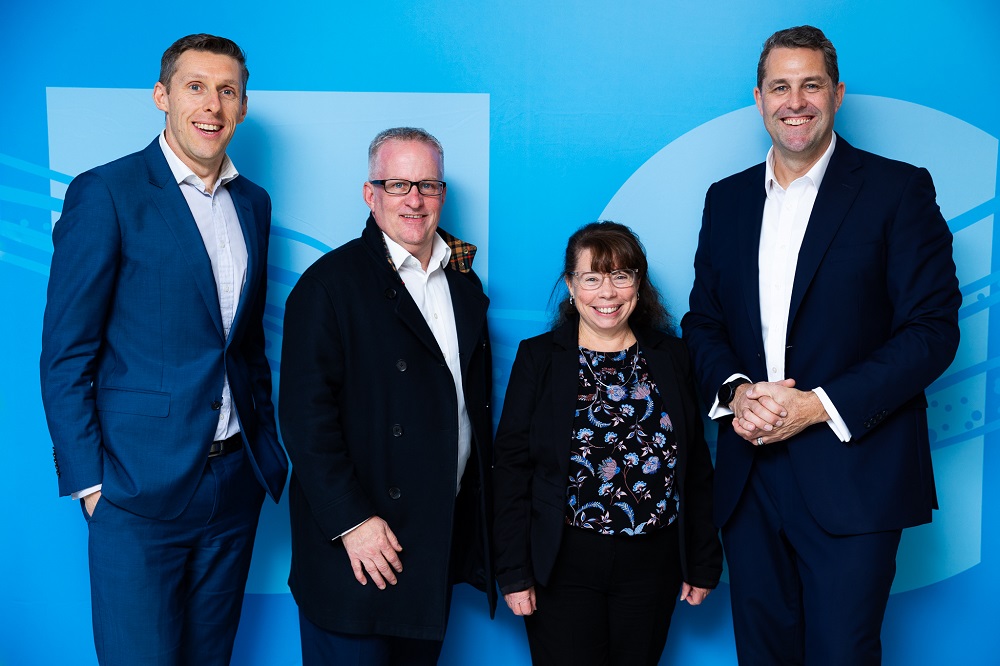Reshma Jayesh
13 July 2023: According to a new collaboration agreement signed today by the University of Canberra’s Vice-Chancellor Professor Paddy Nixon and Wipro’s Managing Director for Australia and New Zealand, Christopher Smith, Wipro will fund select PhD programs, and boost Work Integrated Learning and employment opportunities for University students by 2027.
The first PhD program to receive funding as part of the agreement aims to detect younger onset dementia in Australians, and will be led by Lecturer Dr Maryam Ghahramani and Assistant Professor Dr Raul Fernandez Rojas, from the University’s Faculty of Science and Technology. Applications for potential PhD candidates interested in this field of research will open soon.

As part of the agreement, Wipro will employ UC graduates by allocating up to 15 per cent of its Australian annual graduate hiring program to University of Canberra graduates who have studied in a relevant field.
“The University of Canberra is investing in a digital future to enhance and differentiate our student experience. Wipro is joining with the University, contributing its capabilities and expertise in the areas of innovation, education and research, to bring this to life. This collaboration will also significantly contribute toward student employability through dedicated Work Integrated Learning opportunities coupled with Wipro’s employment commitment,” said Craig Mutton, Chief Digital Officer, University of Canberra.
As a PhD supervisor specialising in the field of human motion analysis, Dr Ghahramani welcomed the investment in her program.
“Early diagnosis of younger-onset-dementia is critical because dementia is most often associated with older people and early signs of the disease are often misdiagnosed.
“The study will use multi-modal data recording to monitor the symptoms in people under the age of 65, and use machine learning and AI-based tools to diagnose the condition. We intend to deliver more than study – our intention is to translate the outcomes of this study into a system that will support health professionals in making timely diagnoses and decisions for their patients, and in doing so, improve patients’ health outcomes.”


